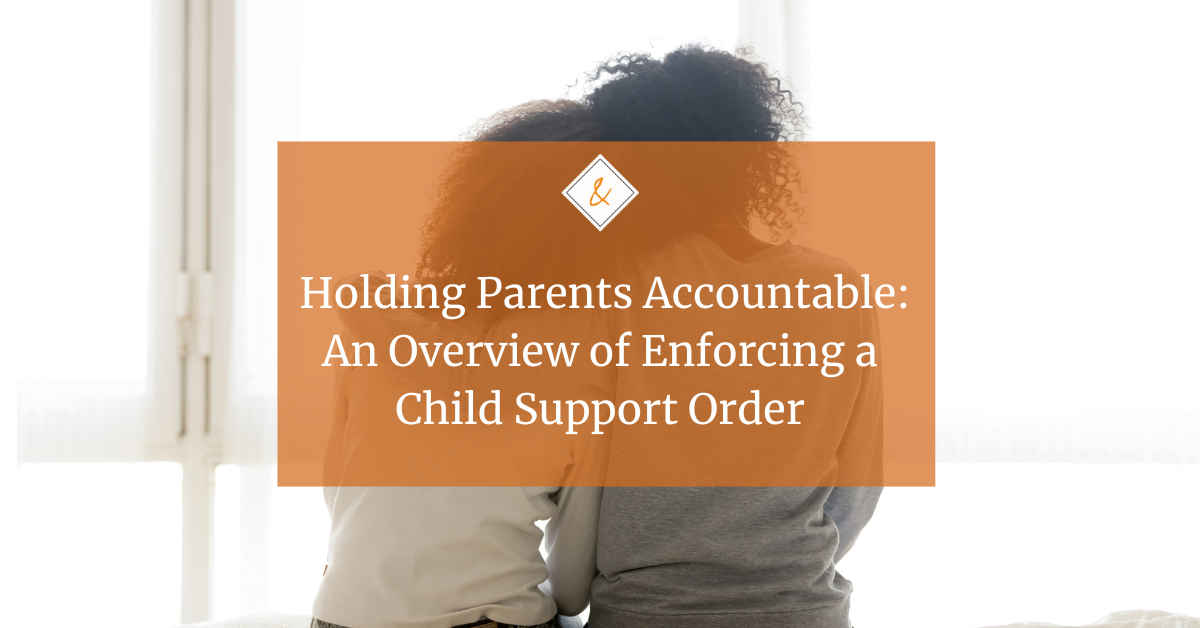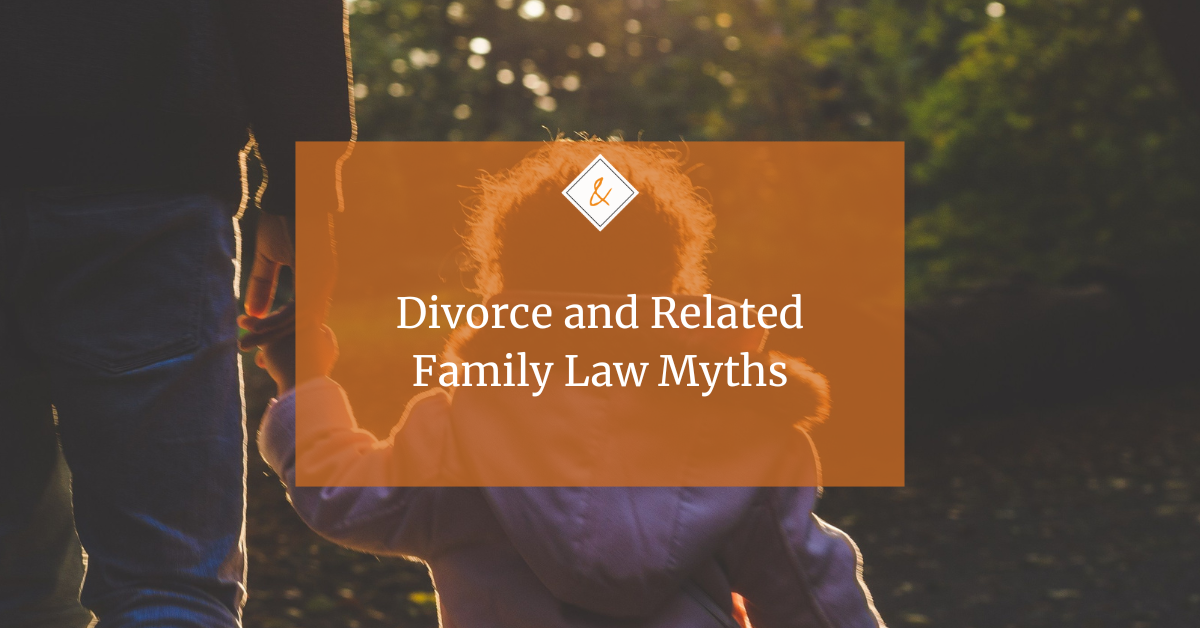A Brief Review of Wiretapping Laws

Many clients come into our offices with recordings of their significant others, spouses and children which they believe will be helpful to their position in various family law matters. Unfortunately, many such recordings are completely unusable in litigation because of complicated and confusing federal and state wiretap laws. These wiretap laws may not only make certain recordings unusable in litigation, but also subject the person making the recording, and anyone who subsequently tries to use the recording, to criminal and civil penalties.
In 1986, Congress passed the Electronic Communications Privacy Act (ECPA) which in large part remains unchanged today. This Act contains language to protect the privacy of wire, oral, electronic and stored communications and regulates the use of pen registers and trap and trace devices.
The states began to model their wiretap legislation off of the federal statute. Pennsylvania’s version of the federal statute is the Wiretapping and Electronic Surveillance and Control Act (The Pennsylvania Wiretap Act). The Pennsylvania Wiretap Act is actually more protective of communications than the federal ECPA. Furthermore, Pennsylvania case law provides that this statute must be strictly construed to protect communications from violations and to emphasize the protection of privacy.
The Pennsylvania Wiretap Act specifies that it is a felony in the third degree (carrying a maximum prison sentence of up to seven (7) years) to:
- Intentionally intercept, endeavor to intercept, or procure any other person to intercept or endeavor to intercept any wire or electronic or oral communication;
- Intentionally disclose or endeavor to disclose to any other person the contents of any wire or electronic communication, or evidence derived therefrom, knowing or having reason to know, that the information was obtained through the interception of a wire, electronic or oral communication; and
- Intentionally use or endeavor to use the contents of any wire, electronic, or oral communication or evidence derived therefrom, knowing or having reason to know, that the information was obtained through the interception of a wire electronic or oral communication.
This portion of the statute basically makes it illegal to record your spouse or significant other’s (or anyone else’s) communications unless a specific exception to the statute (discussed below) applies to the facts of your case. It also makes it illegal for you to share any improperly recorded communications with your attorney (or anyone else) and it makes it illegal for your attorney (or anyone else) to attempt to use those communications in any way, including in litigation. Note the statute only involves the interception (or attempted interception) of those oral, electronic or wire communications and therefore video recordings, without sound, are not subject to the statute as currently interpreted.
There are many exceptions to these rules. The most relevant exceptions in the area of family law are:
- All Party Consent: In Pennsylvania, you may record communications if you have the consent of all parties to the communication. This is the primary aspect of the Pennsylvania statute that is more restrictive than the federal statute (and the New Jersey statute) which only requires one–party consent.
- Police and Emergency Communications Systems Recordings: This includes 911 tapes and the like.
- Crime of Violence: Any victim, witness or private detective, may intercept a communication if that person is under a reasonable suspicion that the intercepted party is committing, about to commit or has committed a crime of violence and there is reason to believe that evidence of that crime of violence may be obtained from the interception.
Additionally, it is important to note that it is only a violation of the Pennsylvania Wiretap Act to record an oral communication when the speaker has a reasonable expectation of privacy. For example, a person yelling at another in a public place where many other people are present would not have a reasonable expectation of privacy and the recording of that conversation would most likely not be a violation of the Pennsylvania Wiretap Act. On the other hand, a person whispering to another in their bedroom would have a reasonable expectation of privacy and recording this conversation would most likely be a violation of the Pennsylvania Wiretap Act. The expectation of privacy is not a prerequisite for a violation of the Pennsylvania Wiretap Act with respect to wire or electronic communications.
Beyond the possible criminal penalties for violations of the Pennsylvania Wiretap Act, there are also civil penalties which could include actual damages, computed at $100 per day for each day of violation or $1,000, whichever is higher, plus punitive damages and reasonable attorneys’ fees and costs.
In addition to the restrictions against intercepting communications, the Pennsylvania Wiretap Act also criminalizes unlawfully accessing stored communications (which can include e-mails, voicemails and text messages). Specifically, it is an offense to obtain, alter or prevent authorized access to a wire or electronic communication while it is in electronic storage by intentionally accessing, without authorization, a facility through which an electronic communication service is provided or exceeding the scope of one’s authorization to access the facility. This portion of the statute means that it many instances it is illegal for you to read and use your spouse or significant other’s e-mails and text messages. The penalties for this offense can vary but can range from $5,000 to $250,000 fines and/or imprisonment.
The Pennsylvania Superior Court and the Pennsylvania Supreme Court have both recently heard cases dealing with the Pennsylvania Wiretap Act. Both cases deal with modern communications devices and the Court’s application of the statute to these devices and the manner in which they were being used. The 2014 Supreme Court case involved a smartphone while the 2015 Superior Court case involved an IPad. Both cases involved the interpretation of the definition of the word device under the statute. In the case involving the smartphone, the smartphone was determined by the Court to fit into the device definition exception for telephones. In the IPad case, the Court determined that the IPad was an intercepting device and did not fit into the telephone exception although it has capabilities similar to a telephone and in this case was being used to text message in the same manner in which a phone could be used. These recent cases, and others across the nation, are highlighting the need to update the wiretap laws so they keep pace with modern technology and modern day issues such as smartphones with multiple uses, shared phone plans, spyware on children’s phones, GPS location applications and the like.
This is a rapidly evolving area of the law and each wiretap issue is very fact specific. It is important you consult with an attorney should you have a wiretap issue.



